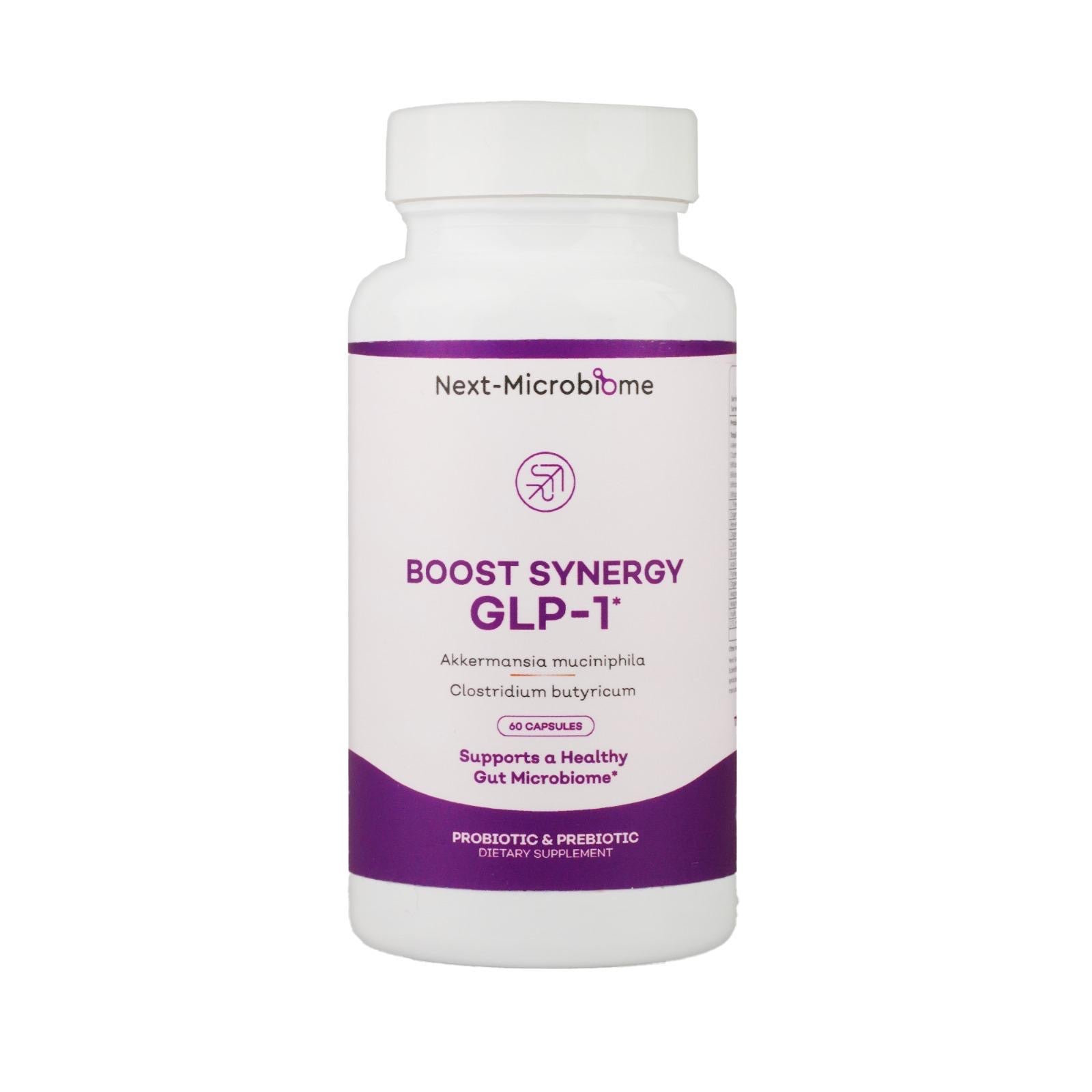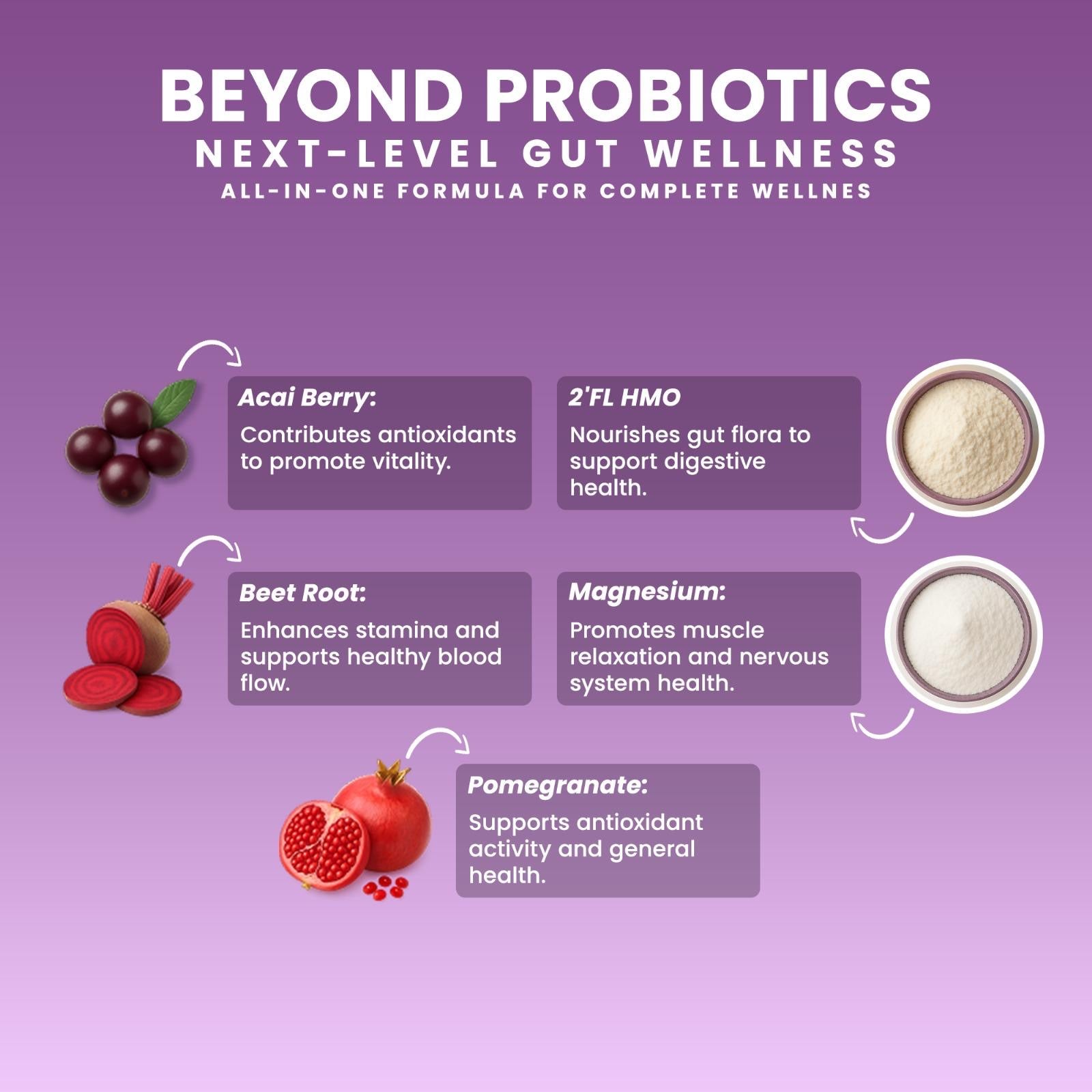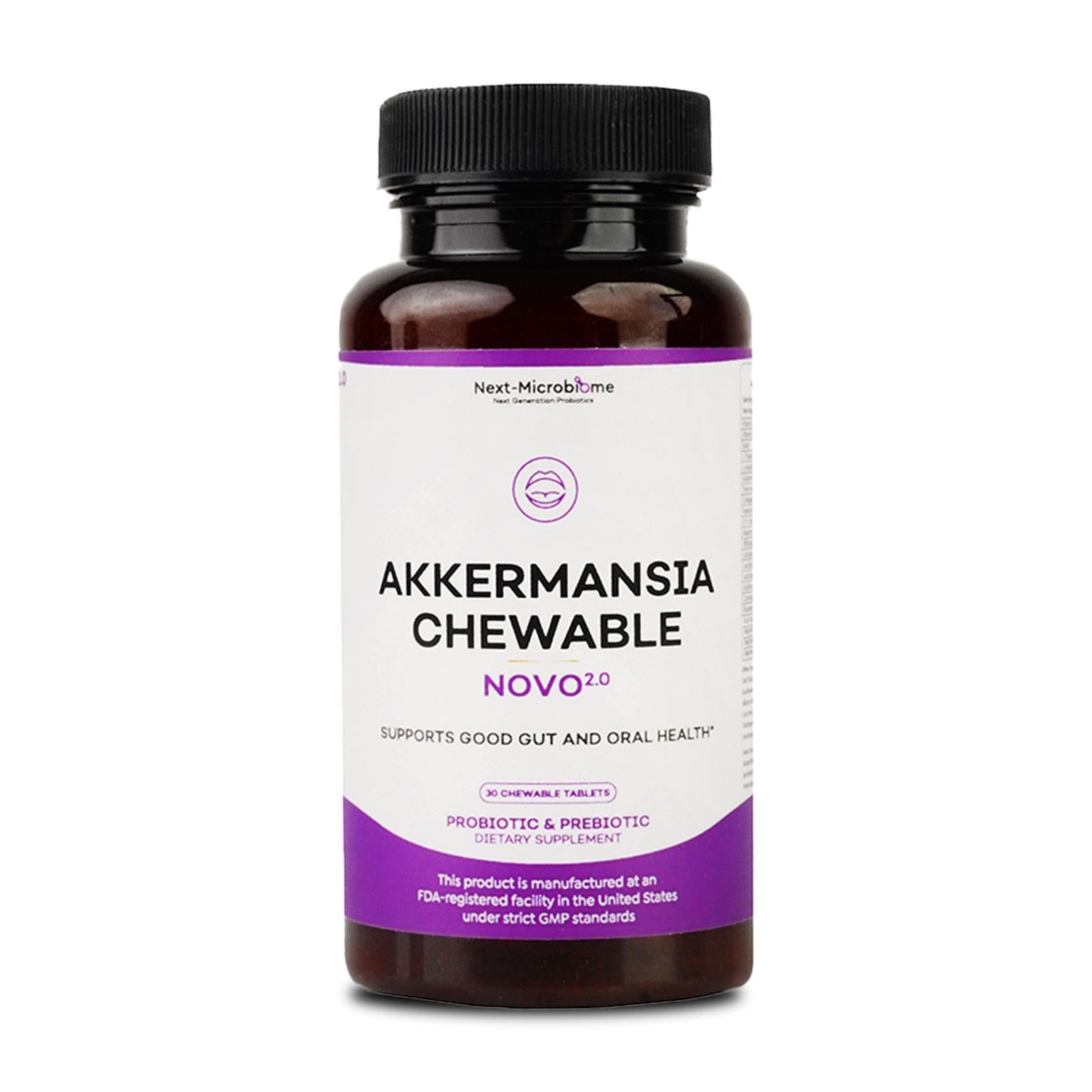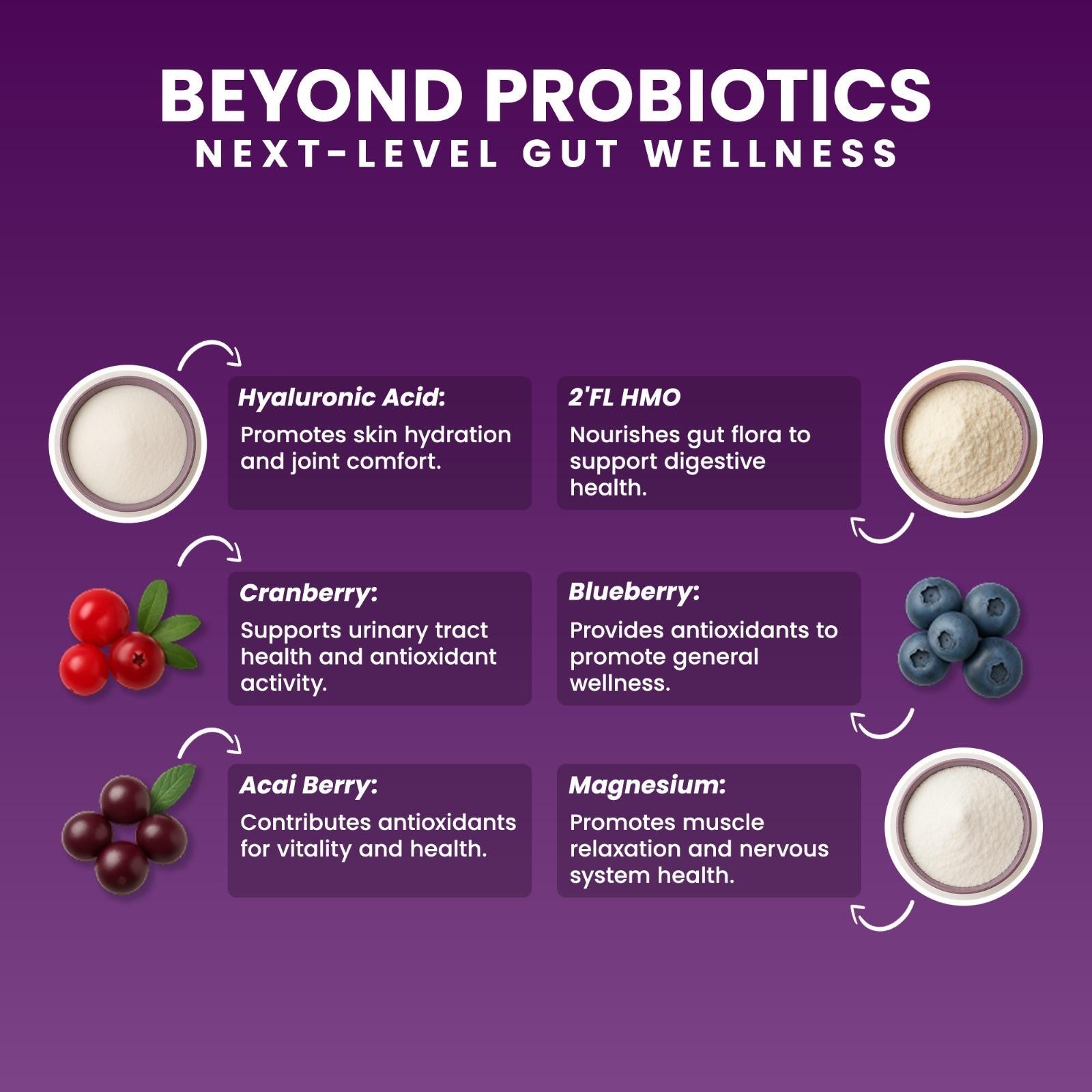
Akkermansia Chewable Probiotics for Autism and Gut Health Support
Autism and Gut Health: How Probiotics Like Akkermansia Chewable Offer New Hope
Autism Spectrum Disorder (ASD) affects 1 in 36 children in the U.S., posing challenges in communication, social interaction, and behavior. While genetic predisposition plays a role, mounting scientific evidence suggests that gut health—specifically the gut microbiota—has a profound impact on the severity and development of autism symptoms.
Recent research has uncovered a fascinating connection between the gut-brain axis and neurological conditions like autism. This emerging science introduces probiotics—particularly strains like Akkermansia muciniphila—as a natural, gut-targeted approach that may support better outcomes for individuals on the autism spectrum.
What Is the Gut-Brain Axis and Why It Matters for Autism?
The gut-brain axis is the communication highway between your gut and brain. This two-way system uses neural, hormonal, and immune signals. Disruptions in this delicate ecosystem—known as gut dysbiosis—can lead to inflammation, weakened gut lining, and immune dysfunction, all of which are observed in many individuals with ASD.
📌 Learn More About Autism and the Gut Microbiome (Nature, 2022)
How Probiotics Help Autism Symptoms Naturally
Parents and caregivers are increasingly turning to natural autism support supplements that target gut health. Among these, probiotic supplements for autism have gained attention for their ability to:
-
Improve social behavior and verbal communication
-
Reduce repetitive actions and irritability
-
Enhance cognitive clarity
-
Alleviate gastrointestinal issues like constipation, bloating, or diarrhea
A 2021 meta-analysis confirmed that targeted probiotic strains have a positive impact on both behavioral symptoms and gastrointestinal problems in children with autism (DOI: 10.1016/j.neubiorev.2020.11.002).
Key Probiotic Mechanisms Beneficial for Autism
Here’s how science-backed probiotics like Akkermansia muciniphila, Lactobacillus, and Bifidobacterium strains support gut and brain health:
1. Restoring Microbial Balance
They repopulate beneficial bacteria and suppress harmful microbes that may contribute to inflammation and mood disturbances.
2. Strengthening the Gut Barrier
By tightening junctions in the intestinal lining and boosting mucus production, probiotics help prevent harmful substances from reaching the bloodstream.
3. Reducing Inflammation
They promote anti-inflammatory cytokines, which ease chronic inflammation associated with behavioral and neurological symptoms.
4. Enhancing Brain Function
By producing neurotransmitters such as GABA and serotonin, gut-friendly bacteria may support emotional regulation and cognitive function.
📌 Review on Gut Microbiota and ASD Mechanisms (DOI: 10.3390/cells10010146)
Spotlight on Akkermansia muciniphila: The Gut Guardian
Low levels of Akkermansia muciniphila have been consistently observed in individuals with autism. This powerhouse strain supports:
-
Mucosal integrity
-
Immune system balance
-
Healthy inflammatory response
By rebuilding the mucosal layer of the intestines, Akkermansia enhances both nutrient absorption and neuroimmune balance—two crucial areas often disrupted in ASD.
🧠 Read our in-depth post: Akkermansia Chewable: The Probiotic Revolution for Brain-Gut Health »
Why Akkermansia Chewable is a Smart Choice for Autism Support
Unlike generic probiotics, Akkermansia Chewable by Next-Microbiome is a specially formulated supplement that:
✅ Combines Akkermansia muciniphila with supportive strains like Clostridium butyricum, Lactobacillus plantarum, and Bifidobacterium breve
✅ Includes polyphenols and prebiotics that enhance probiotic activity and bioavailability
✅ Is sugar-free, chewable, and designed for daily gut support, even in picky eaters
🧠 Best for: Parents looking for safe, gut-targeted, natural support for children's cognitive health and emotional wellbeing.
The Environmental Impact on Autism and Gut Health
Modern life is filled with gut-disrupting factors:
-
Antibiotic overuse
-
Pesticide exposure
-
Processed food consumption
-
Airborne pollutants
These disrupt the microbiota and worsen inflammation. Incorporating science-backed probiotics is one of the most proactive strategies for rebuilding and protecting the gut ecosystem from these stressors.
📌 Impact of Environmental Toxins on Gut Health in ASD (DOI: 10.3390/ijerph17062134)
Final Thoughts: Probiotics and Autism—A Promising Natural Strategy
While probiotics are not a cure for autism, they offer scientifically validated support for many of the challenges associated with the condition. By targeting the root of gut-brain imbalances, probiotics like Akkermansia muciniphila are redefining what holistic autism care can look like.
As always, consult your healthcare provider before starting any new supplement regimen—especially for children.
Related Articles You’ll Love:
-
🧠 How to Get Akkermansia Naturally – With or Without Supplements
-
🍬 Why Chewable Probiotics Are Superior to Capsule Probiotics
-
🧩 CFU vs. Bacterial Surface Area: What Matters in Probiotics?











